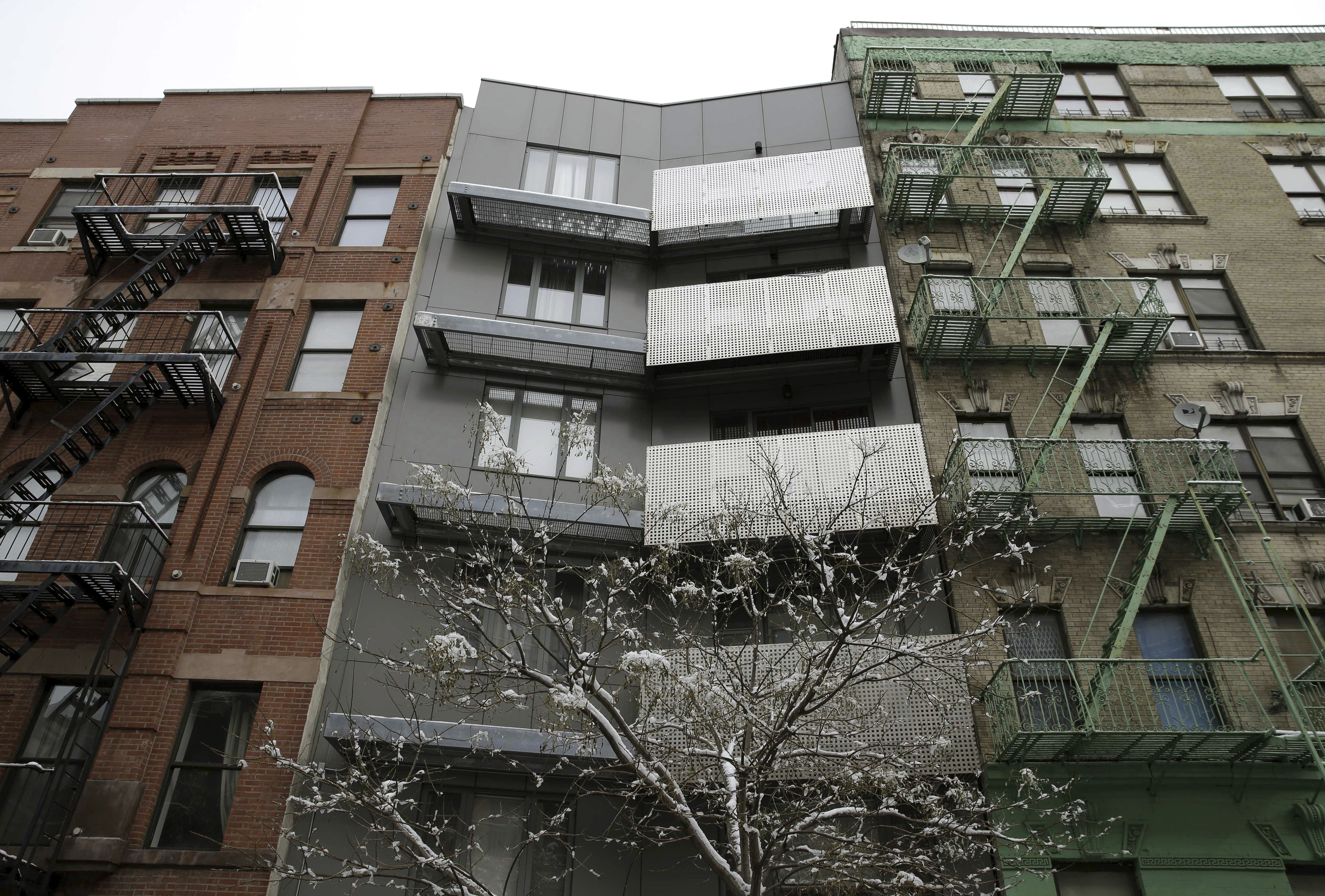Former state Assembly Speaker Sheldon Silver was convicted Monday in a $5 million corruption case that took down one of New York's most powerful politicians and stunned a capital that had become accustomed to scandal.
The jury verdict came after a three-week trial in which federal prosecutors claimed that the 71-year-old Democrat traded favors to enrich himself and then lied about it. The defense countered that the government was trying to criminalize the longtime routines of Albany politicians.
Even in a state capital where more than 30 lawmakers have left office facing criminal charges or allegations of ethical misconduct since 2000, the case against Silver was an extraordinary turn. An assemblyman since 1976, Silver was one of Albany's most storied political figures, a consummate backroom operator with the power to decide the fate of legislation single-handedly.
Silver, who remains free on bail until a sentencing date not yet set, plans to appeal.
"I'm disappointed right now. Ultimately, I believe that after the legal challenges, we'll get results," he said as he left court after being convicted of all charges against him: honest-services fraud, extortion and money laundering. They carry the potential for decades in prison.
His prosecution was a marquee case in Manhattan U.S. Attorney Preet Bharara's quest to clean up a state government he has called a "cauldron of corruption," an effort that has led to the ongoing corruption trial of Republican state Senate leader Dean Skelos.
With Monday's verdict, "Sheldon Silver got justice, and at long last, so did the people of New York," Bharara, who had watched from the courtroom audience, said in a statement.
Local
With the conviction, Silver automatically loses his Assembly seat. He had kept it while fighting the charges, although after his arrest he was stripped of the speakership he had held since 1994.
The leader of the Assembly's Republican minority, Brian Kolb, called the conviction "a clear signal — again — to Albany: Enough is enough." Current Speaker Carl Heastie, a Democrat and Silver's successor, said he would "continue to work to root out corruption and demand more of elected officials when it comes to ethical conduct."
After Silver's arrest, the Legislature passed modest changes, including a requirement that lawmakers disclose more about their private income. But so far, lawmakers have balked at significant reforms, such as term limits, restrictions on legislators' outside income, tighter campaign finance limits and tougher enforcement of ethics rules.
Prosecutors had argued that they proved Silver traded his office for riches: $4 million in kickbacks from a cancer researcher and real estate developers. Prosecutors say Silver earned a million dollars more through investments.
"This was corruption," not politics as usual, Assistant U.S. Attorney Andrew Goldstein told jurors.
Defense lawyer Steven Molo countered that Silver committed no crime: "He did not sell his office."
Silver did not testify and called no witnesses. Dr. Robert Taub told jurors he steered numerous patients with asbestos-related cancer to Silver's law firm, enabling the legislator to pocket $3 million in referral fees. Meanwhile, testimony and evidence revealed, Silver caused $500,000 in taxpayer funds to go to Taub's research projects and helped his son and daughter get a job and an internship.
Prosecutors said Silver delivered tax-abatement and rent-control legislation that favored developers while big developers hired a small law firm that secretly sent him $700,000 in fees.
Juror deliberations were eventful: Less than two hours after talks started last Tuesday, a juror tried to leave, accusing fellow jurors of claiming she failed to use common sense. Their discussions were briefly halted again Monday morning after another juror said he'd just learned his boss knows Silver. Both times, Judge Valerie Caproni advised jurors to resume work.
Meanwhile, Skelos and his son have been on trial in another Manhattan federal courtroom. Skelos is charged with badgering companies reliant upon his legislative clout to provide over $300,000 to his son.
Skelos and Silver were among a group dubbed the "three men in a room" in Albany, a nod to the longstanding practice of legislative leaders and the governor negotiating key bills behind closed doors. The day before Silver's arrest, Gov. Andrew Cuomo referred to Skelos, Silver and himself as the "three amigos."
In a measure of Silver's clout, he helped persuade Cuomo to disband a state anti-corruption commission that was investigating Silver's financial dealings and those of his colleagues.



